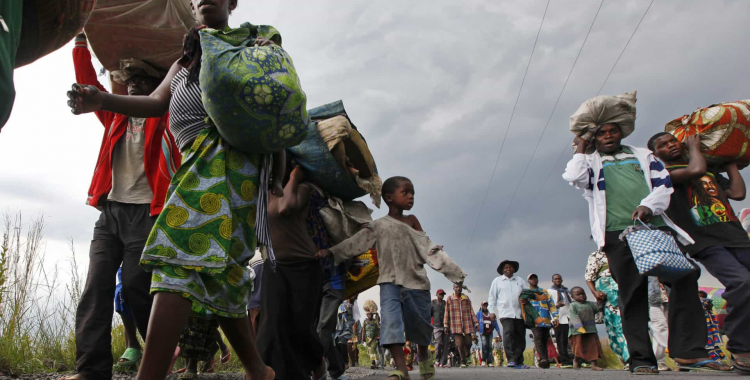According to this United Nations organization, refugees received cash aid, registration identification and transportation, but the difficult conditions still remain.
They walked for days, sleeping by the road and carrying all their goods. Some families who have returned spontaneously do not know where to go or are afraid to return to their homes.
Many pregnant women, the elderly and vulnerable people took the initiative to leave Angola, as explained Rose, 54, who also chose to return with her husband and children before the organized return.
“When we arrived, we stayed with host families and churches. Some churches even received five families and others up to ten”, he said.
The organized return began in October last year, after a tripartite agreement between UNHCR and the government of Angola and the Democratic Republic of Congo. By the end of the first quarter of the year, UNHCR estimates that 19,000 refugees will return.
A few weeks after his return, UNHCR visited some families in Tshikapa, a city in Casai, where many chose to return. Being at home is a relief, but even with assistance to cover basic needs, many continue to struggle.
Chadrack Neta lives in a rented house with four of her sons, with one of her daughters missing during the conflict. He lost his farm and property when they needed to flee Kasai. Another daughter needs crutches to walk after being attacked by armed men. Your wife was shot and still needs medical assistance.
"Before the war, I owned a farm where I had pigs, chickens, sheep and many other things," said Chadrack, adding: "I even had a fish farm. I once received a call saying that my farm was now given to someone else. I don't know how I'm going to get it back".
Assiya, another refugee who returned to Tshikapa with her husband Moussa and their three children, adds that cash assistance is not enough.
"We paid four months' rent in advance with the money we were given", she said, saying he did not know what he was going to do after the money ran out.







